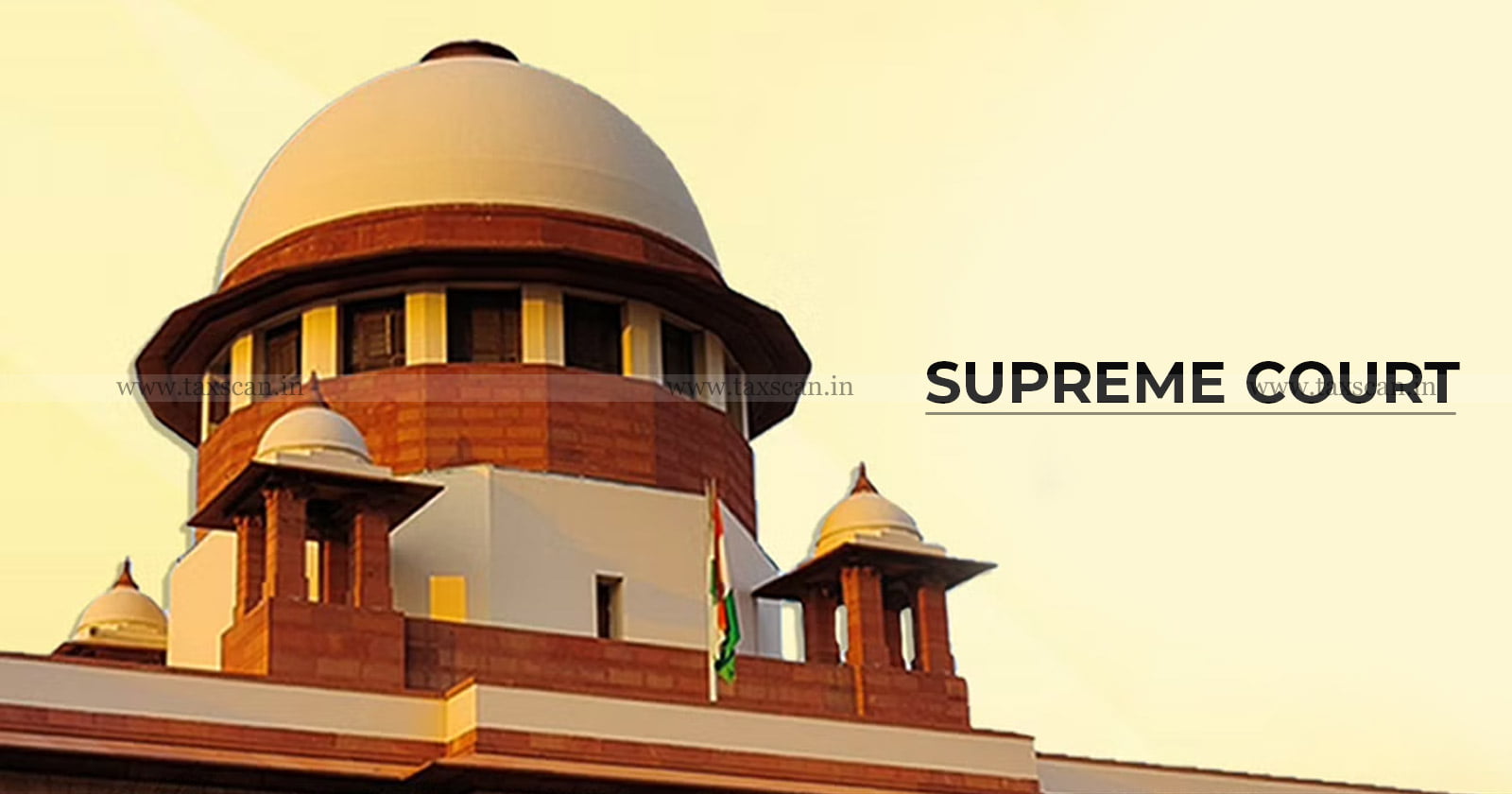S. 69 and 70 under GST is not Violative of Article 20(3) or 21, Parliament Competent to Enact such Provisions: Delhi HC follows SC Ruling [Read Order]
It is further submitted that the power to summon, arrest and prosecute are not ancillary and incidental to the power of levying GST and therefore, are beyond the legislative competence of the Parliament under Article 246-A of the Constitution.
![S. 69 and 70 under GST is not Violative of Article 20(3) or 21, Parliament Competent to Enact such Provisions: Delhi HC follows SC Ruling [Read Order] S. 69 and 70 under GST is not Violative of Article 20(3) or 21, Parliament Competent to Enact such Provisions: Delhi HC follows SC Ruling [Read Order]](https://images.taxscan.in/h-upload/2025/08/25/2080294-gst-is-not-violative-article-203-or-21-parliament-competent-enact-such-provisions-delhi-hc-sc-ruling-taxscan.webp)
The Delhi High Court has dismissed challenges questioning the constitutional validity of Sections 69 and 70 of the Central Goods and Services Tax Act, 2017 ( CGST Act ) ruling that the parliament has legislative competence to enact arrest and summons provisions
The Court noted that the issue of legislative competence had already been settled by the Supreme Court in Radhika Agarwal v. Union of India, 2025, which upheld the validity of these provisions.
In a series of writ petitions, the petitioners had contended that Parliament lacked the power under Article 246-A of the Constitution to enact provisions criminalizing GST violations, arguing that summoning and arrest powers went beyond the scope of “levy and collection” of GST.
Know the complete aspects of tax implications of succession, Click here
They further alleged that Sections 69, 70, and 132 were violative of Articles 20(3) and 21, arbitrary in nature, and inconsistent with principles of natural justice.
However, rejecting these arguments, the High Court, completely on the Supreme Court ruling in the case of Radhika Agarwal and observed that “Thus, a penalty or prosecution mechanism for the levy and collection of GST, and for checking its evasion, is a permissible exercise of legislative power. The GST Acts, in pith and substance, pertain to Article 246-A of the Constitution and the powers to summon, arrest and prosecute are ancillary and incidental to the power to levy and collect goods and services tax. In view of the aforesaid, the vires challenge to Sections 69 and 70 of the GST Acts must fail and is accordingly rejected.”
 Also Read:GST Commissioner may Authorize Arrest w/o Assessment Order in S.132 Offences if Reasons Established to Degree of Certainty: Supreme Court [Read Judgement]
Also Read:GST Commissioner may Authorize Arrest w/o Assessment Order in S.132 Offences if Reasons Established to Degree of Certainty: Supreme Court [Read Judgement]
The Supreme Court has clarified that the Parliament, under Article 246-A of the Constitution, has the power to make laws regarding GST and, as a necessary corollary, enact provisions against tax evasion. Article 246-A of the Constitution is a comprehensive provision and the doctrine of pith and substance applies.
“Time and again this Court has held that while deciding the issue of legislative competence, entries should not be read in a narrow or pedantic sense but given their broadest meaning and the widest amplitude because they are intrinsic to a machinery of government. The ambit of an entry or article laying down the legislative field extends to all ancillary and subsidiary matters which fairly and reasonably can be said to be comprehended in it. This settled dictum regarding the interpretation of legislative entries equally applies to the special provision of Article 246-A of the Constitution” ruled the apex court.
Justices Prathiba M. Singh and Shail Jain, after noting the precedent, said that “Thus, the Supreme Court speaking through Hon’ble Justice Sanjiv Khanna and Hon’ble Justice M. Sundresh has clearly held that the Parliament has the legislative competence to enact the provisions under Section 69 and 70 of the CGST Act.”
Accordingly, in view of the judgement, the challenges raised in present petitions no longer require adjudication. Therefore, the petition was disposed of.
Adv. Ayush Mittal, Adv. Siddharth Bhardwaj and Adv Arjun Wadhwa appeared for the petitioners.
Support our journalism by subscribing to Taxscanpremium. Follow us on Telegram for quick updates


